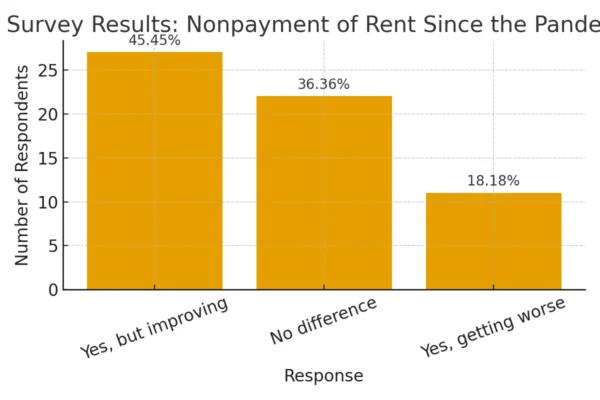Landlord, or Babysitter?
 Imagine being fined $1,000, over and over, because the neighbors think your tenants are too loud.
Imagine being fined $1,000, over and over, because the neighbors think your tenants are too loud.
Landlords in the Town of Durham, New Hampshire are now facing possible fines each time police are called to a substantiated noise complaint. This new ordinance was passed two weeks ago after hours of debate between residents of Durham, rental property owners, and student groups from the University of New Hampshire over the regulation of off-campus housing.
Clearly the Town of Durham is negatively impacted by an increase in police activity during the school year – the Town’s weekly police arrest reports statistics note the end of August as when “UNH dormitories officially open and students begin to arrive.”
Without a doubt, locals disdain the noise of partying college students. But the questions that remains unanswered after passage of this latest ordinance are this: Why fine the landlords? Why not fine the tenants instead?
Durham isn’t alone is trying to make landlords regulate the behavior of students in off-campus housing, which often includes excessive drinking and other disruptive behaviors. We reported recently on Santa Cruz, California’s new requirement that assesses a fee against landlords to inspect premises that house students, and also reported on the city of Boulder, Colorado’s attempts to rein in parties through “no-roommate” zoning ordinances, a prohibition on upholstered furniture outdoors, a fire ban, and the latest, called SmartRegs, which may punish landlords for tenants’ who leave doors and windows open in the winter.
Landlords in college towns want to know why the universities don’t do more to stop the binge and underage drinking that have become the hallmark of college life across the country, and the root of many noise complaints. Certainly colleges have the right to expel students for inappropriate behavior- a powerful incentive for students who fear having to transfer to another school, and one that might just solve the problem.
But instead, local city governments and university boards look to landlords to solve the problem. But if parents can’t make young renters behave, and the universities won’t boot them out, what can landlords do?
Ordinances like these that are designed to regulate ambiguous behavior are ambitious at best. The trick in drafting this type of legislation is to come up with something that is effective, enforceable, and doesn’t spur a rash of lawsuits.
The language of the Durham ordinance is problematic in two ways. First, it may be challenged as too vague. As stated in the ordinance, the prohibited behavior is anything “which would have a tendency to disturb unreasonably the community, the neighborhood or an ordinary individual occupying property in or near the disorderly activity, including but not limited to loud music; boisterous parties; excessively loud or unnecessary noises emanating from within or near the building which are audible outside the building; fights within the building or in its vicinity involving occupants of the building or their invitees; occupants of the building or their invitees being intoxicated outdoors in the vicinity of the building; and other similar activities in the building or in the vicinity of the building.”
How does a landlord convey this in a lease agreement, where they have to specifically spell out the prohibited behavior. What’s “unnecessary” noise? Would families with noisy children irritate the neighbors, too? And try attracting renters to a property where the tenants feel they have to behave like Trappist monks or be evicted.
Students have been outspoken in their opposition to the Durham ordinance, mostly out of concern that rents will increase – but there must be a little bit a fear that the ordinance will be effective in limiting social events. One student took a shot at local residents: “Don’t live in a neighborhood where 14,000 people are partying if you want it to be quiet ever night.”
Town officials have stated that the rules are not meant to burden landlords, who are often dubbed “absentees”, but rather to bring landlords to the table to discuss their responsibility for making sure student tenants don’t misbehave. Apparently, it takes a village…
See our feature, New Law Will Stick It To Landlords.
American Apartment Owners Association offers discounts on products and services for landlords related to your rental housing investment, including rental forms, tenant debt collection, tenant background checks, insurance and financing. Find out more at www.joinaaoa.org.













 Accessibility
Accessibility